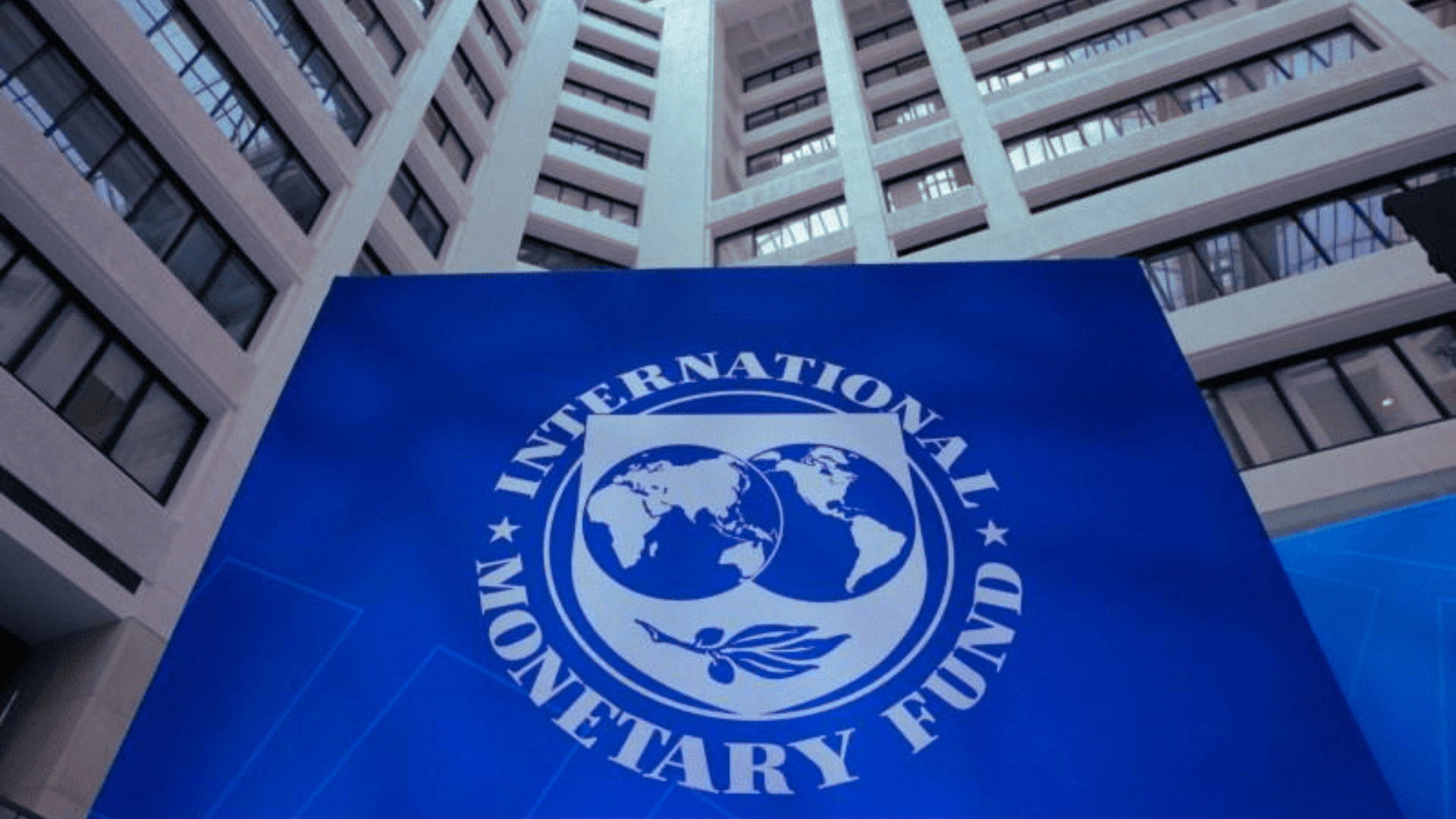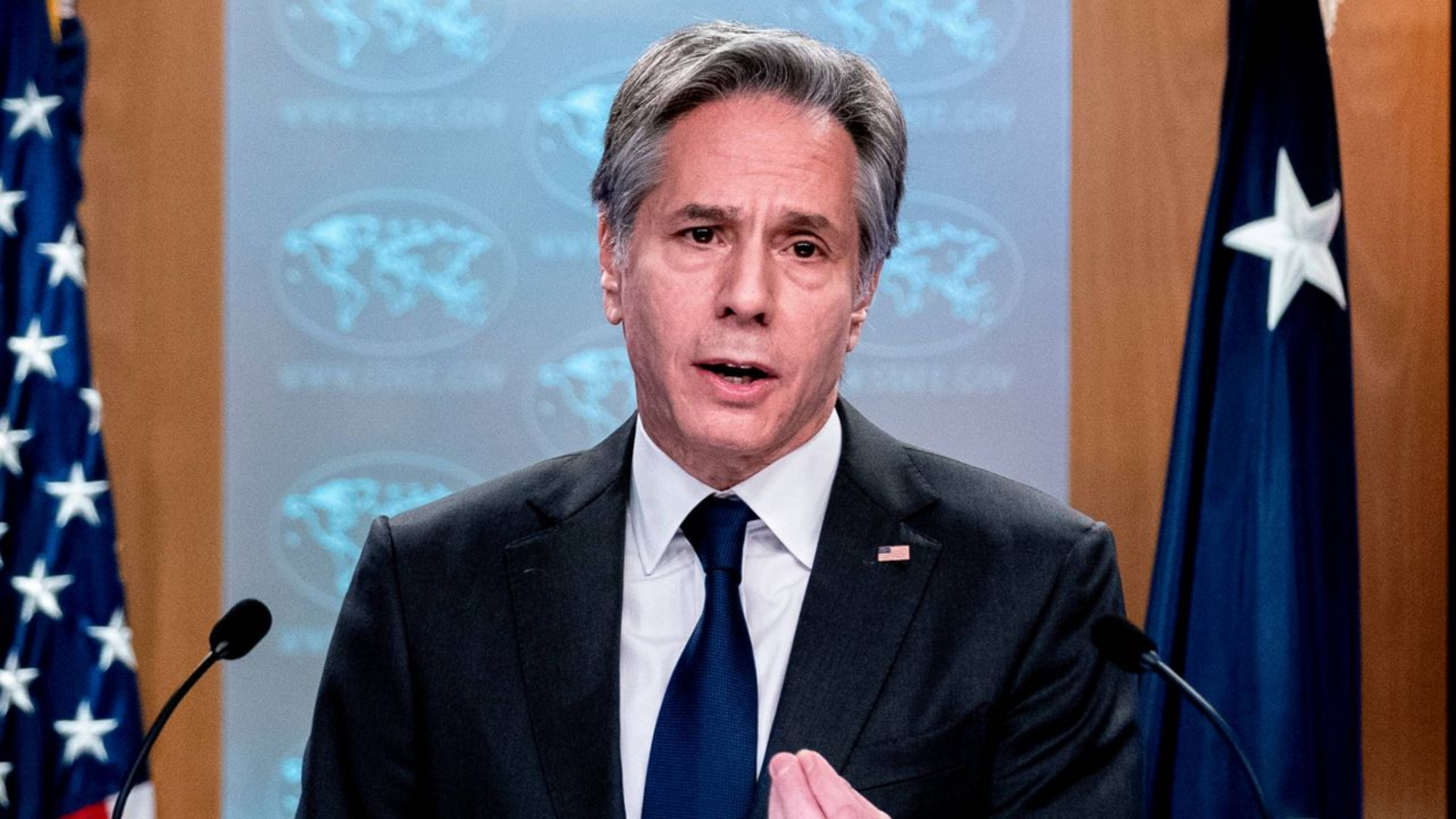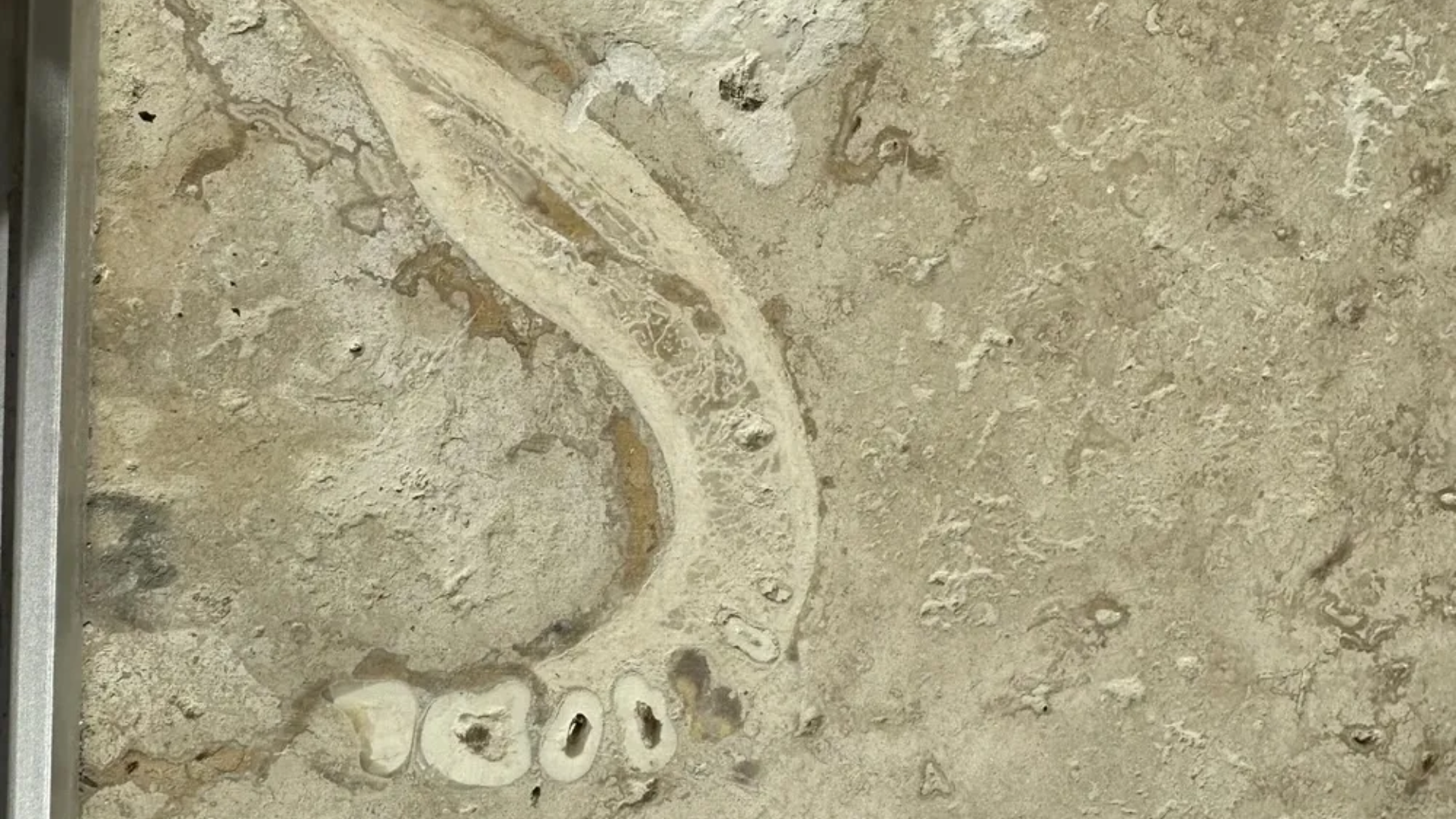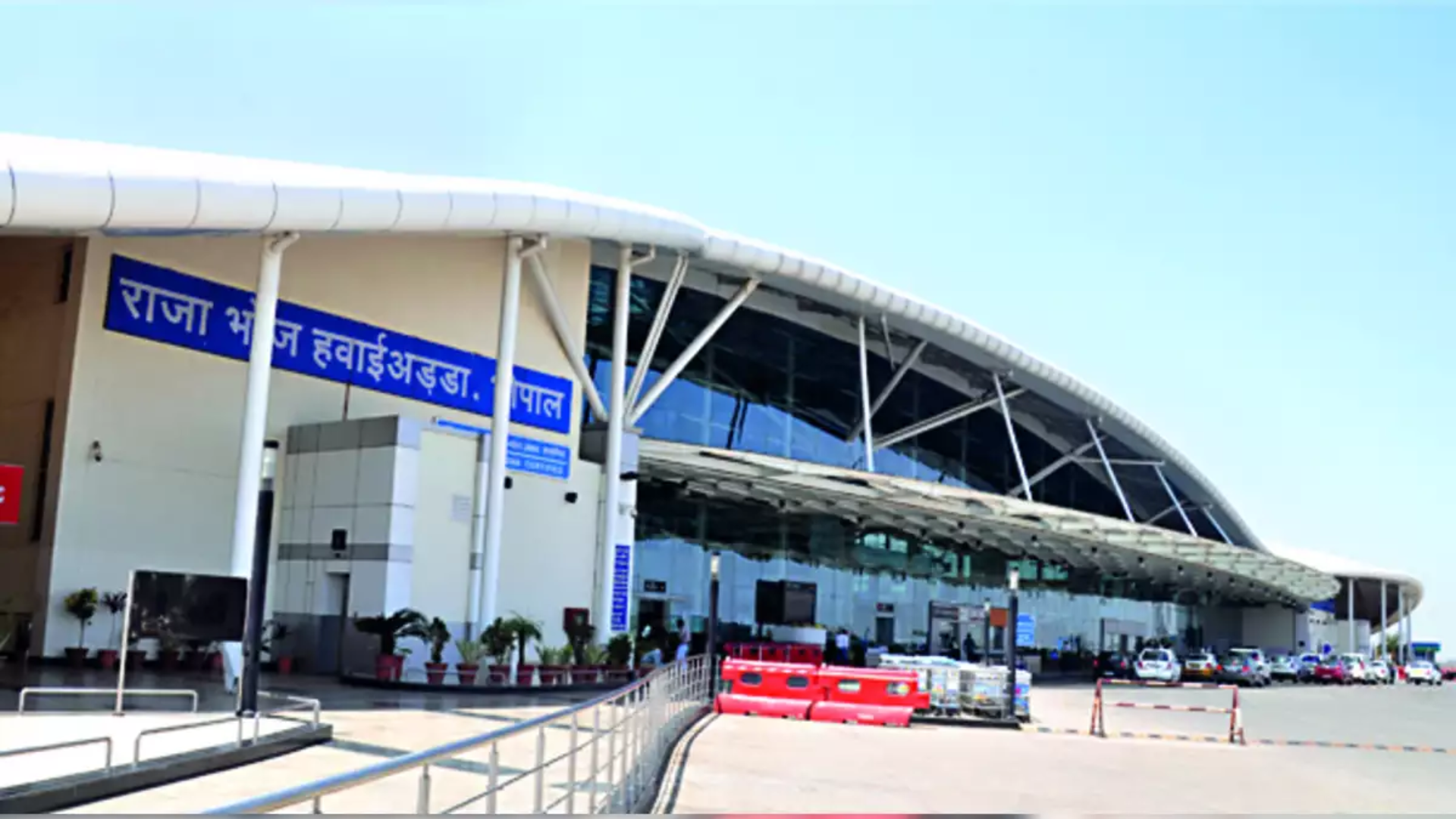










Slovakia’s presidential election on Saturday saw the victory of Peter Pellegrini, an ally of the country’s populist Prime Minister, Robert Fico. Pellegrini secured 53 percent of the vote in a runoff, defeating former Foreign Minister Ivan Korcok. The election outcome reflects the dominance of Russia-friendly political forces in Central Europe.
Despite the presidency’s limited powers in Slovakia, the election was closely watched as a battleground between political factions with contrasting stances on Russia. Pellegrini’s win, alongside Prime Minister Fico, underscores a shift in Slovakia’s political landscape towards views aligning with those of Prime Minister Viktor Orban of Hungary, opposing aid to Ukraine and challenging mainstream EU opinions. Pellegrini declared victory early Sunday, following Korcok’s concession.
Mr. Pellegrini’s campaign reflected some of the Moscow-friendly rhetoric, accusing Mr. Korcok of being a warmonger who would deploy Slovak soldiers to combat in Ukraine – a constitutional authority that the president does not possess.
Once Mrs. Caputova steps down in June, there will no longer be any high-level official in Slovakia – a country that just a year ago donated its entire fleet of MiG-29 aircraft to Ukraine – who unequivocally supports Kyiv’s efforts to defend its territory by force.
READ MORE
Gaza’s Primary Hospital Reduced To Rubble With Grim Remnants, Says WHO
The liberal pro-Western opposition also accuses Mr. Pellegrini – as the head of the coalition Hlas party and chairman of parliament – of remaining silent as Mr. Fico dismantled Slovakia’s criminal justice system, notably abolishing the Special Prosecutor’s Office, established 20 years ago to investigate serious corruption and economic crimes.
The office had prosecuted several senior officials in Mr. Fico’s Smer party and had been overseeing the prosecution of those believed to be responsible for the murder of investigative journalist Jan Kuciak and his fiancée Martina Kusnirova in 2018.
The killings were a watershed moment in Slovak politics. The fallout ended Mr. Fico’s second premiership in 2018 and led to the election of the liberal, pro-Western Zuzana Caputova as president, riding a wave of popular anger at official corruption and organized crime.
Robert Fico’s government recently targeted Slovakia’s public broadcaster, proposing plans to abolish the institution and replace it with one under virtual state control. These plans were shelved after a surprisingly poor showing from Peter Pellegrini in the first round of the presidential election two weeks ago.
The opposition is concerned that a revitalized Robert Fico will reintroduce them – and they argue that President-elect Pellegrini is unlikely to oppose him.
ALSO READ









